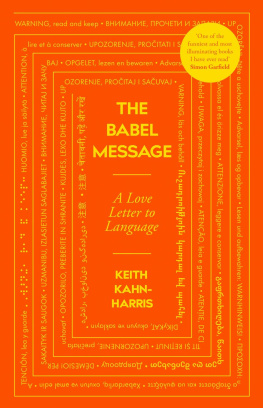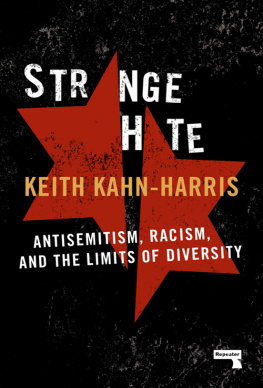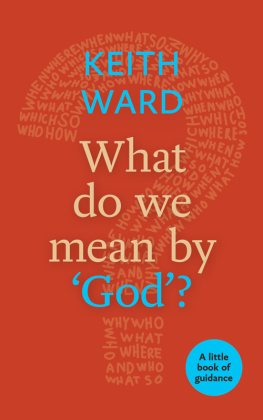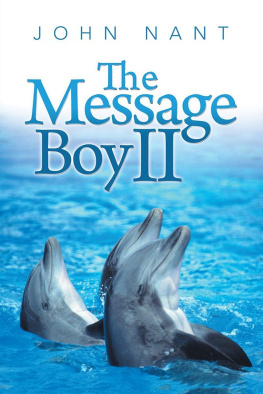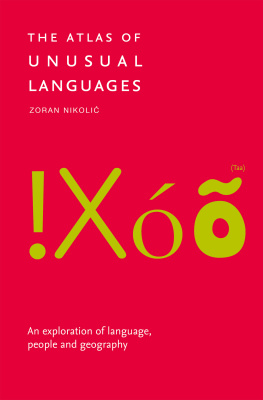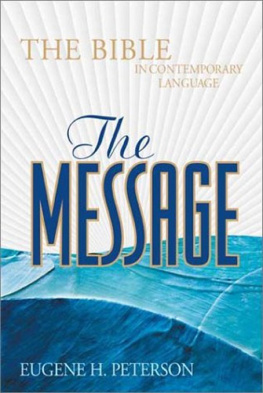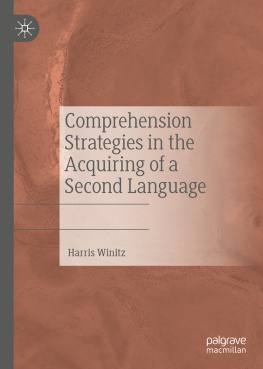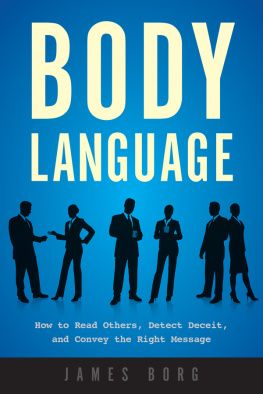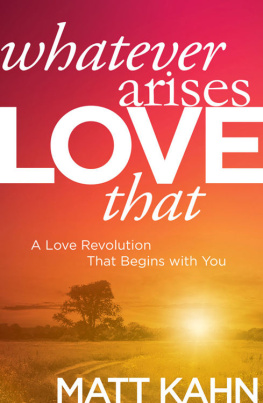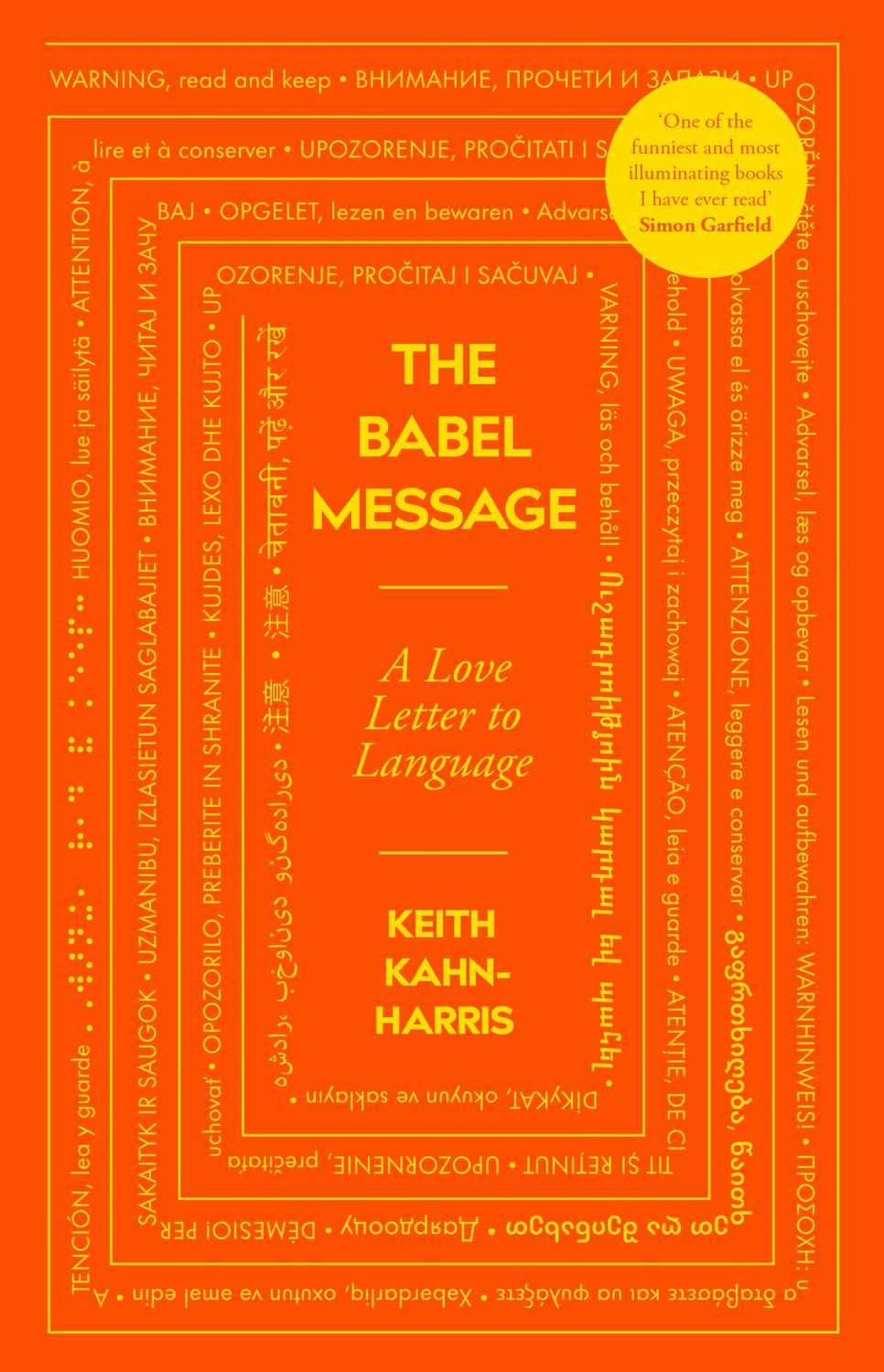Quite simply, and quite ridiculously, one of the funniest and most illuminating books I have ever read. I thought I was obsessive, but Keith Kahn-Harris is playing a very different sport. He really has discovered the whole world in an egg.
This is a wonderful book. A treasure trove of mind-expanding insights into language and humanity encased in a deliciously quirky, quixotic quest. I loved it. Warning: this will keep you reading.
I would warn everyone to read and keep this beautifully written book Keith explores the world of language what it is, what it means and how we use it. Keiths precisely written prose celebrates the wonderful imprecision of language in all its glory.
In this unlikely story of a quixotic translation, Keith Kahn-Harris illuminates how language-learning can hone our minds, strengthen our empathy, and lead us all to justice. Read this book and immerse yourself in the raw pleasure of linguistic diversity.
To my father, Paul Harris, who has taught me absolutely nothing about language but absolutely everything about pursuing ones interests, come what may.
In the Babel myth, God thwarts the builders of the Tower by creating a confusion of tongues. In this book I will exult in this confusion. I will show you what a short message written by an Italian confectionery manufacturer looks like when translated into dozens of languages, most of which I cannot speak and many of which are in scripts I cannot even read.
And there may very well be mistakes.
The final chapter of my previous book began with a Hebrew epigraph. Even though I speak and read the language, at some point in the preparation of the proofs the letters were reversed by the non-Hebrew-speaking typesetter. Its an easy mistake to make; Hebrew is written from right to left and including such a script in an English manuscript is asking for trouble. It was up to me to spot it though, and I didnt.
While I am going to do my darnedest to ensure that no language is presented back-to-front, I cannot guarantee that somewhere along the line, a letter will be dropped, an accent will be missed, or something else will go horribly wrong in my attempts to wrangle these unruly beasts in order to present them to you, the reader, for your delectation.
No one knows all of language. Even aspects of ones own tongue can be confusing. We make do with what we have. In this book I have set out to celebrate the diversity of language using the tools I have available. Those tools included my training and experience as a sociologist, an uneven grounding in linguistics and a reasonable, but not fluent, knowledge of several languages. Thats more than most, less than some. But reproducing the many languages in this book correctly would xiv be a challenge for even the most impressive polyglot or the most experienced professional linguist.
Acceptance of the risk of mistakes is a precondition for using any language. Its certainly essential for anyone who aspires to revel in the diversity of languages. And it was also necessary for Ferrero, the company that produces the multilingual warning messages discussed in this book.
If language werent risky, if we were not always in danger of being misinterpreted, where would be its pleasures and its value? The alternative a single logical language, perfectly understood by everyone equally would lead to a tyranny of dullness. As I will argue towards the end of this book, Babel may be confusing and chaotic, but its also invigorating and exciting. Whats more, if we can learn to enjoy the languages we do not understand, and take pleasure in the risks of mis-understanding, we might even be able to get along with each other better.
Some readers who speak a language presented in the book might contest the wording of a particular translation. If so, thats fine translation cannot be an exact science and I encourage readers to send me alternative translations via my website. Corrections of my mistakes are welcome. I am always up for correcting myself in public.
If wrangling languages is a challenge, wrangling human beings is even harder. Happily, in researching and writing this book, it has often been a pleasure. I still cant believe that I have managed to turn such a quixotic project into a book. So thanks to my agent Antony Topping for making the impossible possible and to Duncan Heath and the team at Icon for taking such a leap of faith. My wife and children have shown extreme fortitude in coping with this latest meander in what xv has always been an idiosyncratic career. I will always treasure the conversations we have had around the dinner table about this project.
Thanks to the friends and contacts on social media who enjoyed the translations with me when I posted them and who got the project from the outset. For years Ive been writing about how social media brings out the worst in us. Sometimes though, it can be a place of joy and laughter. I am grateful to everyone who has reminded me of that.
Thanks to Yaron Matras, Nick Gendler and Deborah Kahn-Harris, who read drafts of the book, making many useful suggestions and pointing out some of the more embarrassing errors. The errors that they did not spot are my responsibility alone.
Most of all, my heartfelt thanks to the dozens of people and organisations who provided me with translations, connected me with other translators or gave me advice and suggestions. I am still stunned that so many people answered my pleas. In fact, I have received so many translations that I could not include all of them in this book (a constantly updated list can be found via my website). Ive credited individual translations that appear in the book to their authors in the endnotes and, in addition, here is the full, glorious list:
Glenn Abastillas, Kamila Akhmedjanova, Rashad Ali, Nicholas Al-Jeloo, Merjen Arazova, Carmen Arlando, Glexi Arxokuna, Costas Avramidis, Gavin Bailey, Jenny Bailie, John Baird, Xavier Barker, Jesmar Luke T. Bautista, Brian Bourque, Clive Boutle, Daniel Boyarin, Shamma Boyarin, Jackson Bradley, Ross Bradshaw, Jeffrey Brown, Dale Buttigieg, Malcolm Callus, Vivienne Capelouto, Felisa Castro Bitos, Andrea Cavaglia, Sally Caves, Kate Clark, Culture Vannin, xvi Alinda Damsma, Khulgana Daz, Kelvin Dobson, Jenny De Guzman, Henri de Nassau, Tebd de Rogna, Stephen DeGrace, Michel DeGraff, Maricar Dela Cruz, Meryam Dermati, Luke Doran, Bruno Estigarribia, Clive Forrester, Adam Frost, Louise Gathercole, Mark Geller, Richard Goldstein, Guernsey Language Commission, Ida Hadjivaynis, Tony Hak, Jan Havli, Christoph Helbig, Aliaksandr Herasimenka, George Hewitt, Hnolt, Achim Grundgeiger, Thorsten Hindrichs, Elliot Hoey, James Hopkins, Dauvit Horsbroch, Colin Ireson, Sulev Iva, Marta Jenkala, Jasmin Johnson, Daniel Jonas, Lily Kahn, Kobi Kahn-Harris, Gabriel Kanter-Webber, Thomas Kim, LOffice du Jrriais, Jorge Lambia, Teresa Labourdette, Loc Landais, Joseph Langseth, Damian Le Bas, Tsheten Lhamo, Liberal Elite, Lia Rumatscha, London Euskera Irakaslea, Fernando Lpez-Menchero, Kelly MacFarlane, Rahima Mahmut, Norah Makhubela, William Manley, Josephine Sitoy Maranga, Alena Markov, Jan Marquis, Yaron Matras, Puey McCleary, Richard E. McDorman, Yoseph Mengitsu, Gorka Mercero Altzugarai, Shido Morozof, Peter Miller, Krikor Moskofian, Carola Mostert, Naja Motzfeldt, Pierrick Moureaux, Anupama Mundollikkalam, Jo-Ann Myers, Nir Nadav, Julian Nya, Liam Cuinneagin, Ofis Piblik ar Brezhoneg, Veturlii skarsson, Claude Passet, Megan Paul, John Payne, David Peterson, Siva Pillai, Sally Pond, Krishna Pradhan, Guy Puzey, John Quijada, Gary-Taylor Raebal, Hadzibulic Ridburg, Elvire Roberts, Wrenna Robson, Gerald Roche, Simon Roper, Richie Ruchpaul, Tom Ruddle, Arawi Ruiz, Dr St Ridley Santos, Stella Sai Chun, Mark Sanchez, Erich Schmidt, James Seymour, Neil Shaw-Smith, Owen Shiers, Jonas Sibony, Param Singh, Dave Snell, Christine Stewart, Sebastian Suh, Jeremy Swist, Tamil Studies UK, Christian Thalmann, James Thomas, Fiorenzo Toso, Anna xvii Treschel, Riitta Valijrvi, Oana Uta, Simon Varwell, Zareth Angela Vergara, Danelle Vermuelen, Lars Sigurdsson Vikr, Lina Vdovi, Craig Volker, Imke von Helden, Shaul Wachsstock, Anne Waldek-Thill, Jeremy Wallach, Yair Wallach, Neil Walley, Jackson Walter, James Ward, Michael Wegier, Rebekka Weinstein, Patrick Wilcox, Joseph Windsor, Lidia Wojtczak, Abigail Wood, Kylie Wright, Ghilad Zuckermann.

